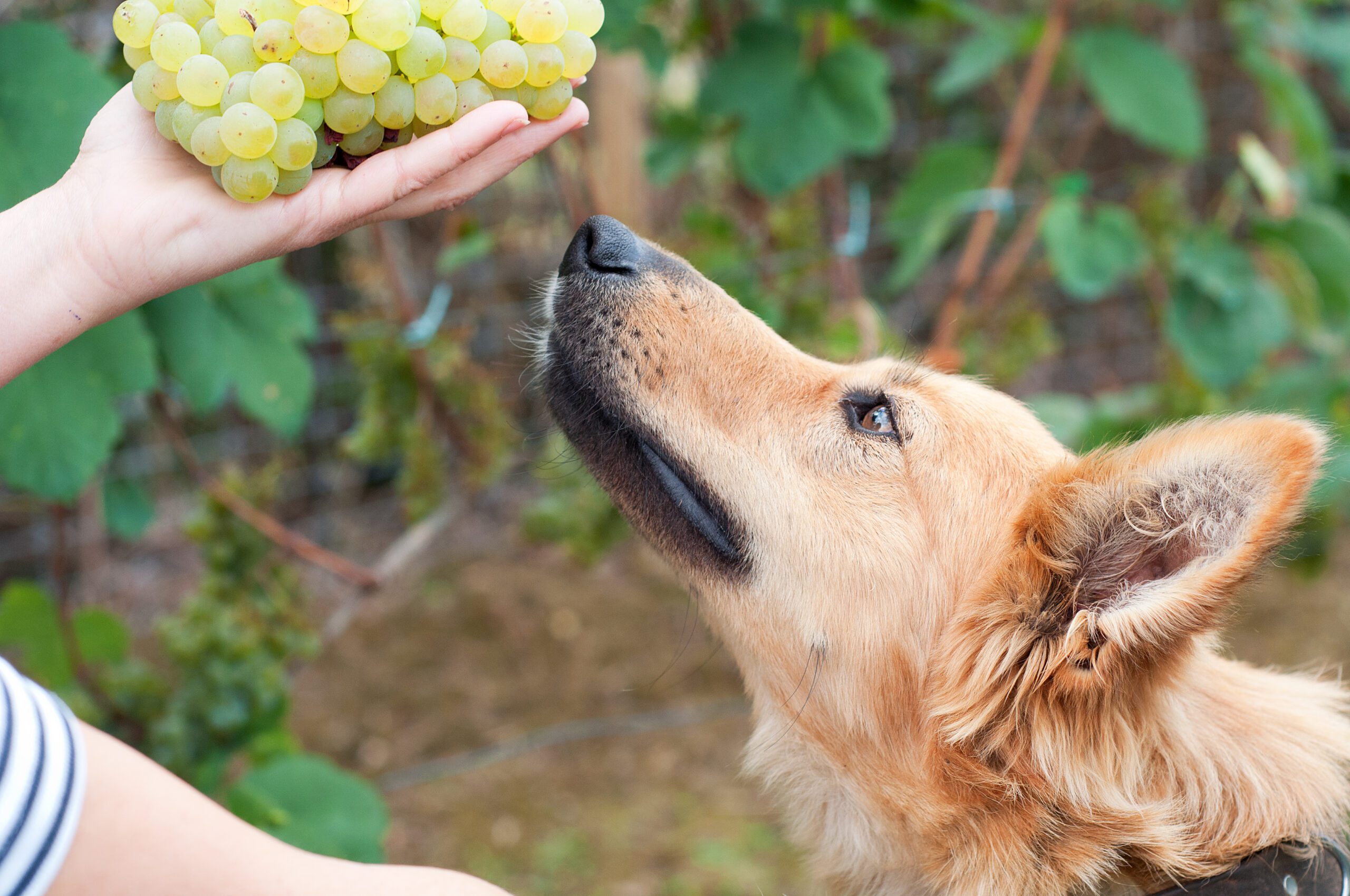Grapes are a popular and nutritious fruit enjoyed by humans, but pet owners should be aware that grapes can pose a significant health risk to dogs. In recent years, studies have highlighted the potential toxicity of grapes and raisins, leading to severe health complications in dogs. This article aims to shed light on the dangers of grape consumption for dogs and provide essential guidance for pet owners in case their dog has ingested grapes.
Understanding the Toxicity of Grapes
The exact substance within grapes that causes toxicity in dogs remains unidentified, but it is clear that even small amounts can be harmful. Dogs of any age, breed, or size can be affected, and the toxic effects are not limited to any particular variety of grapes. Furthermore, both fresh grapes and dried raisins can be equally toxic. The toxic reaction may vary from dog to dog, with some experiencing severe symptoms even after ingesting a small amount, while others may show no signs of distress despite consuming a larger quantity. Either way, it’s important to understand the risks that grapes can pose.
Symptoms of Grape Toxicity in Dogs
The symptoms of grape toxicity can manifest within hours after ingestion or may take up to 24 hours to appear. The most common symptom is vomiting. Pet owners need to be vigilant and observe their dog for any unusual signs. Common symptoms of grape toxicity include:
- Vomiting and/or diarrhea
- Loss of appetite
- Abdominal pain
- Lethargy or weakness
- Increased thirst and urination
- Tremors or shaking
- Dehydration
- Kidney failure (in severe cases)
If a pet owner suspects their dog has consumed grapes, prompt action is crucial.
What to Do if Your Dog Has Eaten Grapes
- Call your veterinarian immediately! Your vet will provide guidance based on your dog’s breed, size, and the quantity of grapes consumed. Your vet may instruct you to induce vomiting or recommend bringing your dog in for an examination.
- Inducing vomiting: If advised by your veterinarian and only within a specific time frame after ingestion, you may be instructed on how to safely induce vomiting. This should only be done under professional guidance to avoid any complications.
- Veterinary examination: Your veterinarian will perform a thorough examination of your dog and may conduct blood and urine tests to assess kidney function. Treatment options may include intravenous fluids to flush out toxins, medication to prevent kidney damage, and close monitoring of your dog’s condition.
- Call the Pet Poison Helpline
Prevention is Key
The best way to protect your dog from grape toxicity is to prevent them from ingesting grapes altogether. As a responsible pet owner:
- Keep grapes out of reach: Store grapes and raisins securely in closed containers and keep them in areas inaccessible to your dog.
- Educate your family and guests: Inform household members, friends, and visitors about the potential dangers of grapes to dogs and emphasize the importance of not feeding them to your furry companion.
- Check food products: Be vigilant when reading ingredient labels, as grapes and raisins can be found in various foods such as baked goods, trail mixes, and even some pet treats.
While grapes may be a healthy snack for humans, they can be extremely toxic to dogs. Being aware of the dangers and taking immediate action if your dog ingests grapes is crucial. Remember, prevention is the key to keeping your furry friend safe, so ensure grapes are kept out of reach and educate others about the potential risks. As a pet owner it is wise to educate yourself on different foods that your dog should avoid. Along with grapes and raisins, also avoid foods such as avocadoes, onions, garlic, nutmeg, chocolate and alcohol.

